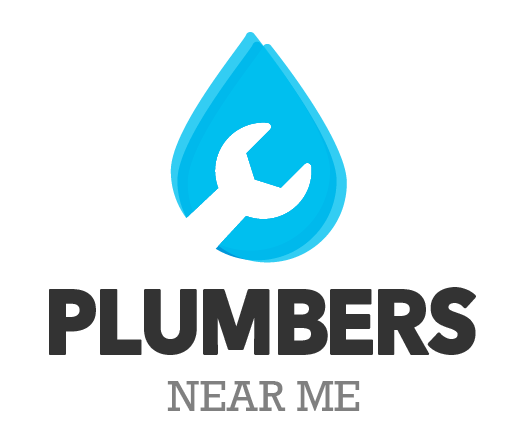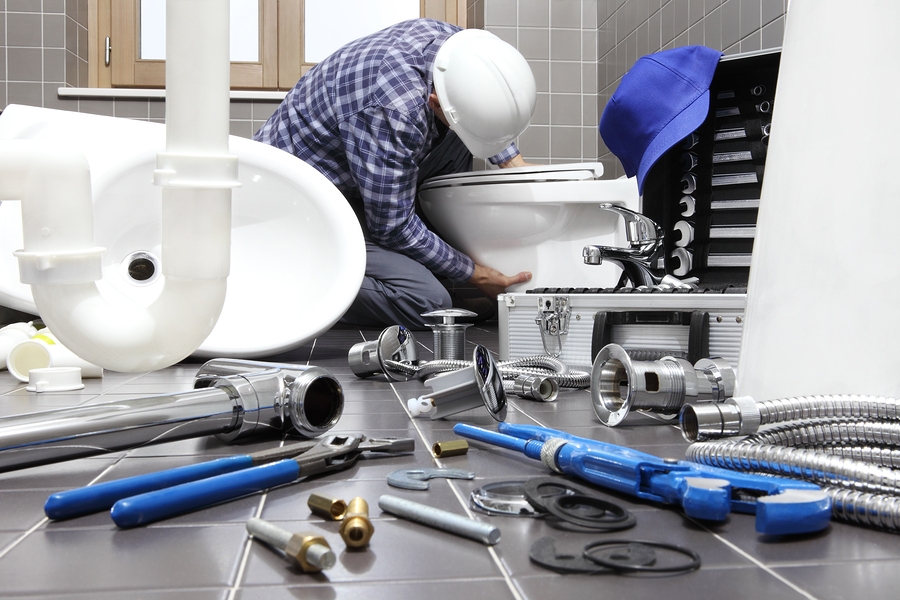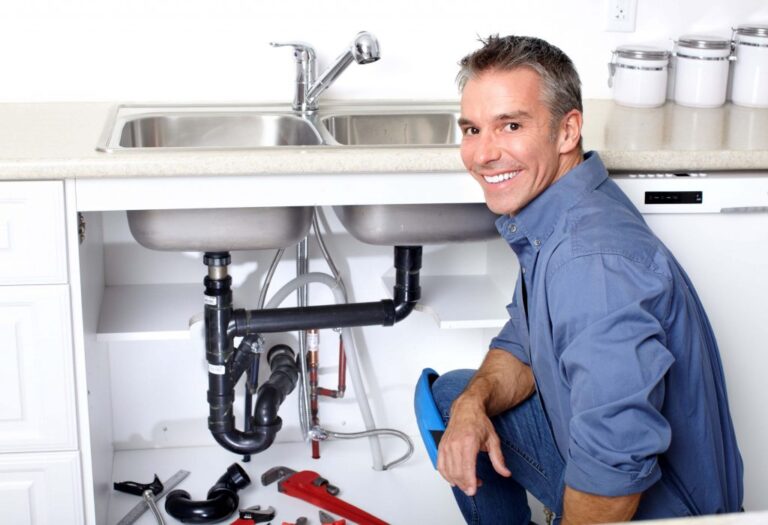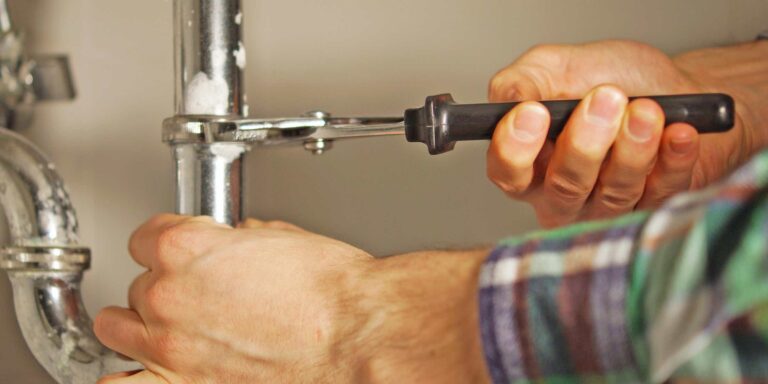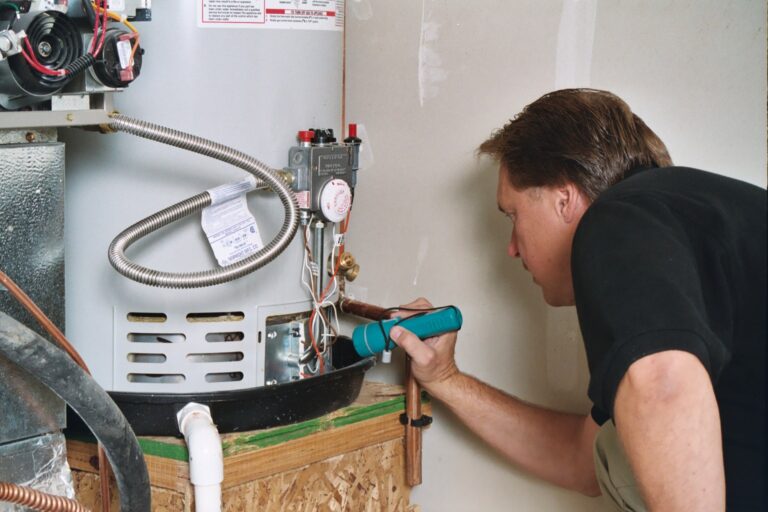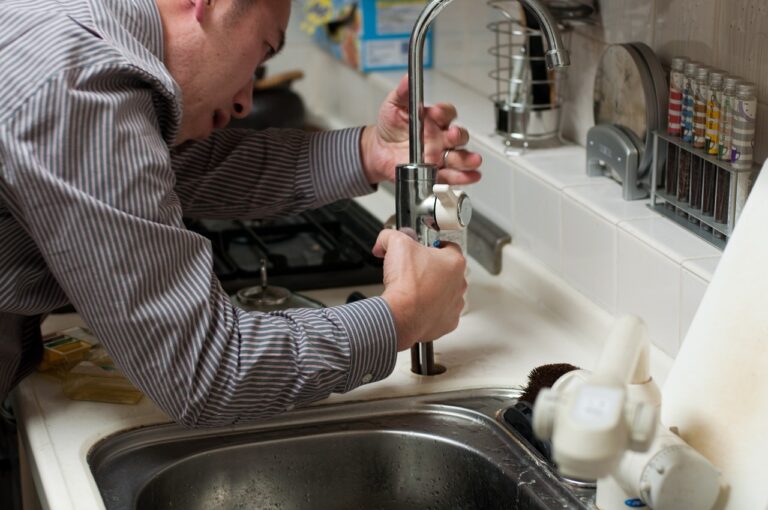When Should You Replace Plumbing Pipes?
Your home’s plumbing pipes are responsible for carrying fresh water in and waste water out. Over time, these pipes can become corroded, damaged, or simply worn out. So, when should you replace plumbing pipes, and how do you know it’s time? Here are a few signs that it might be time to replace the plumbing pipes in your home: 1. You’re Getting Frequent Clogs If you’re starting to notice that your drains are clogging more often than usual, it could be a sign that your pipes are starting to degrade. When pipes become narrow or constricted, it’s easier for debris to get stuck and cause a clog. 2. You Have Low Water Pressure If you turn on the faucet and the water pressure is noticeably low, it’s another sign that your pipes might be restricted. This can be caused by mineral deposits build-up inside the pipes, or it could be a sign of a more serious issue, like a leak. 3. Your Pipes Make Strange Noises If you hear strange noises coming from your pipes, it’s a sign that something’s not quite right. These noises can be anything from a faint dripping sound to a loud banging noise. Either way, it’s best to have a professional take a look to diagnose the problem. 4. Your Water Bill is Higher Than Usual If you’ve noticed a spike in your water bill, it could be a sign of a hidden leak in your plumbing system. Even a small leak can waste a lot of water over time, so it’s best to have it checked out as soon as possible. If you’re experiencing any of these issues, it’s best to call a professional plumber to take a look. They will be able to diagnose the problem and recommend the best course of action, whether that’s repairing a small issue or replacing your plumbing pipes entirely.
1. When your pipes are leaking, it’s time to replace them.
Water damage is one of the most common insurance claims. And, one of the leading causes of water damage is leaking pipes. Whether it’s a slow drip or a gushing leak, replacing your pipes should be at the top of your to-do list. Here are three signs that indicate it’s time to replace your pipes: Your pipes are more than 50 years old: The average lifespan of galvanized steel, copper and iron pipes is 50 years. If your home was built more than 50 years ago, it’s likely that your pipes are original to the house. While these pipes can last up to 70 years with proper maintenance, they are more likely to develop leaks and other problems as they age. Your pipes are leaking: Leaks are the most common sign that it’s time to replace your pipes. If you have a slow drip, it could be a sign of a small hole or crack in your pipes. left unaddressed, this small problem can quickly turn into a big one. Not only will you have to replace your pipes, but you could also be facing water damage to your home. Your water pressure is low: If you’ve noticed that your water pressure has decreased, it could be a sign that your pipes are starting to fail. Over time, pipes can become clogged with mineral deposits, which can restrict water flow. If you have low water pressure, it’s a good idea to have a plumber check your pipes to see if they need to be replaced. If you’re dealing with any of these problems, it’s time to call a plumber. They will be able to assess the damage and recommend the best course of action. In many cases, the best solution is to replace your pipes. While replacing your pipes may seem like a big project, it’s important to do it before major problems arise. By taking care of your pipes now, you can avoid water damage and other costly repairs down the road.
2. If your pipes are over 50 years old, they should be replaced.
It’s no secret that pipes and plumbing systems don’t last forever. In fact, most homeowners will likely face a plumbing repair or replacement at some point. But when is it time to replace your pipes? If your home has pipes that are over 50 years old, it’s probably time for a replacement. That’s because pipes are subject to a lot of wear and tear over the years. They can become corroded, cracked, or even leaky. And, as they age, they become less able to withstand the pressure of flowing water. So, if your pipes are showing signs of age, it’s best to replace them before they cause major problems. This will help to avoid costly repairs or even property damage.
3. If your pipes are made of lead, they need to be replaced.
Lead pipes were commonly used in homes built before the 1970s, and if your home has lead pipes, they need to be replaced. Lead is a toxic metal that can cause lead poisoning, which can lead to a number of health problems including brain damage, kidney damage, and even death. If you think your home has lead pipes, have them tested by a professional and replaced if necessary.
4. If your pipes are corroded, it’s time for new pipes.
If your pipes are made of metal, then it’s likely that they’ll eventually become corroded. This is especially true if your water is particularly hard or acidic. While you can usually repair small areas of corrosion, eventually you’ll need to replace the entire pipe.
5. If you’re doing a renovation, you may need to replace your plumbing.
If you’re planning a home renovation, you may need to replace your plumbing. This can be a big job, so be sure to hire a professional plumber. Here are some things to keep in mind when replacing your plumbing: • The type of pipes you use will depend on the type of renovation you’re doing. For example, if you’re adding an addition to your home, you’ll need to use different pipes than if you’re just updating your kitchen. • Your local building codes will dictate what type of pipes you can use. Be sure to check with your local building department before starting your project. • If you’re using new pipes, you’ll need to connect them to your existing plumbing. This can be tricky, so again, it’s best to hire a professional. • Once your new plumbing is in place, be sure to test it out before finishing your renovation. This will ensure that everything is working properly. Replacing your plumbing can be a big job, but it’s important to do it right. Be sure to hire a professional and follow all local building codes. And, most importantly, test your new plumbing before finishing your renovation!
6. If you have burst pipes, it’s time to replace them.
If you have burst pipes, it’s time to replace them. This is a job that is best left to a professional, as it can be difficult and dangerous to do yourself. However, if you are comfortable with doing it yourself, here are some tips on how to replace burst pipes. First, turn off the water to the affected area and drain the pipes completely. Next, cut out the section of pipe that is burst and replace it with a new section. Be sure to use the same type of pipe and fittings as the rest of your system. Finally, turn the water back on and check for leaks.
